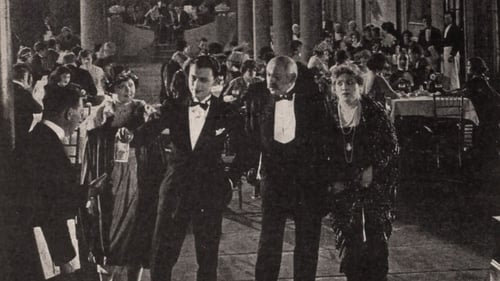
Vera Gordon
Nascimento : 1886-06-11, Edkerternoslav, Russia
Morte : 1948-05-08
História
From Wikipedia, the free encyclopedia
Vera Pogorelsky Gordon (June 11, 1886 - May 8, 1948) was a stage and screen actress.
Vera Pogorelsky was born in Ekaterinoslav, Russia, on June 11, 1886, the daughter of Boris Pogorelsky and Teigan Nemirovsky. She emigrated with her family to the United States when she was seven years old.
Pogorelsky was a child actor but she was fired by the directors of the Shevchenko Imperial Company when they learned she was of Jewish heritage. After immigrating in the United States, Pogorelsky, now Gordon, appeared in smaller theater like The Liberty and The Lyric in New York’s Lower East Side.
In 1916 Gordon went on a tour in England, appearing in vaudeville and theatre. Gordon starred in several motion pictures such as Humoresque and The Cohens and Kellys. She represented the archetypical Jewish mother.
She contributed to newspapers and magazines on marriage and children, and supported Jewish children orphanages. She was a member of Actors' Equity Association, Russian-American Art Club of Los Angeles, Grand Street Boys, New York.

Mrs. Cohen
Cultures clash when a Jewish boy wants to marry an Irish girl.
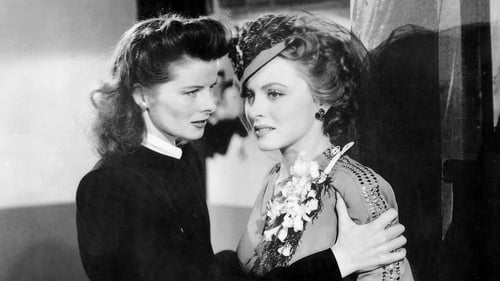
Vera Gordon
A young soldier on a pass in New York City visits the famed Stage Door Canteen, where famous stars of the theater and films appear and host a recreational center for servicemen during the war. The soldier meets a pretty young hostess and they enjoy the many entertainers and a growing romance
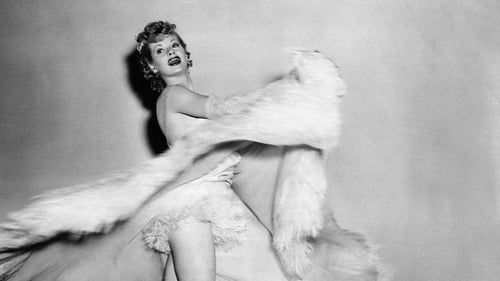
Mrs. Lefkowitz
Meek busboy Little Pinks is in love with an extremely selfish showgirl who despises and uses him.
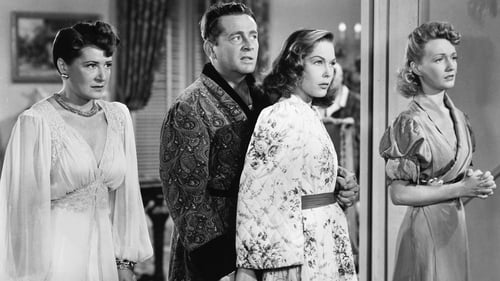
Sister Lapidus
A detective investigating kidnapping case discovers the victim, who may be a zombie.

Mrs. Lewine
Mr. Morris, the owner of a large metropolitan department store, gives jobs to paroled ex-convicts in an effort to help them reform and go straight. Among his 'employed-prison-graduates' are Helen Roberts and Joe Dennis, working as sales clerks. Joe is in love with Helen and asks her to marry him, but she is forbidden to marry as she is still on parole, but she says yes and they are married. In spite of their poverty-level life, their marriage is a happy one until Joe discovers she has lied about her past, in order to marry him. Disillusioned, he leaves, goes back to his old gang and plans to rob the department store.
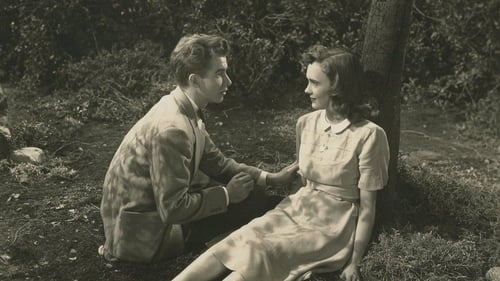
Mrs. Levinsky
A wealthy woman's wild lifestyle finally drives her husband to take their two children, move out of the house and file for divorce. Positive she'll lose her children unless she shows the judge that she's changed her wild ways, she takes in two poor street kids, a brother and sister.
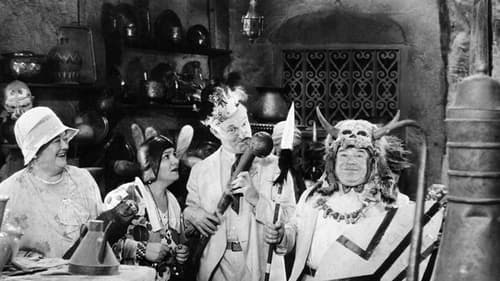
Mrs. Cohen
Cohen and Kelly families go to Africa to buy elephant tusks.
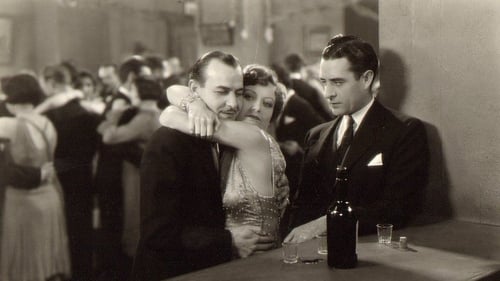
Benny's Mother
After completing his prison sentence for killing a rival gang leader in self-defence, Benny Horowitz decides to go straight.

Young husband Jerry, a clerk, loses his job, and in order to bring money into the house, his wife Tamara goes back to her old job as a dancer in the Follies. The husband doesn't like the idea at all, and they wind up separating. One night the clerk and his friend, an inventor, are dining at a restaurant, and the inventor is lamenting that he has a great invention but can't get in to see a millionaire named Hammersley in order get get financial backing. They don't know that Hammersley happens to be sitting at the next table. The three strike up a conversation and become friends. However, there's another thing Jerry also doesn't know--Hammersley is in love with Tamara and, in fact, she is going to his house that night to see him.

Esther Rubens
Meyer Rubens and his wife, Esther, own a pressing-shop in New York's Lower East Side. Esther wants to move on up to the Upper West Side. She has a rich sister, Reba, who persuades Meyer to invest in the worthless oil stock sold by her husband. The stock proves to be not worthless and Meyer and Esther become overnight millionaires. But Reba thinks Meyer, who has no taste for high society, is holding her sister back socially, so she devises some schemes that involve catching Meyer in a compromising situation with other women, so her sister can file for a divorce.
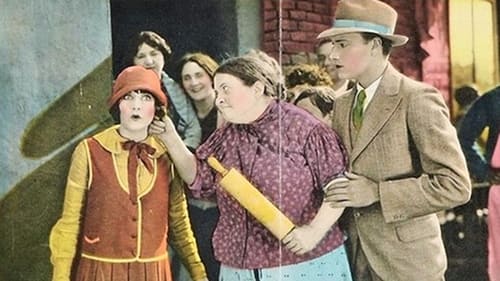
Mrs. Feinbaum
The story is a variation on the Abie's Irish Rose theme, detailing the marriage between an Irish Catholic and a Jew.
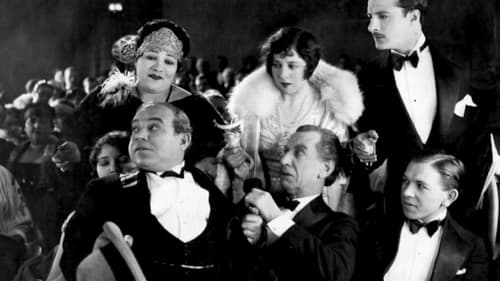
Rose Finklebaum
Stage comedian Patrick O'Brien is fired from his job because of his drinking celebration of his son, Jimmy, graduating from college. After the show he meets his son on a cabaret and there meets Abel Finklestein and his daughter, Miriam, and the two fathers form a business alliance, suspected of being bootlegging. They are arrested but are released after it is found they were importing molasses - but Miriam has to promise to marry Sam Berkowitz to secure the release. Jimmy and both fathers are unhappy with this turn of events.
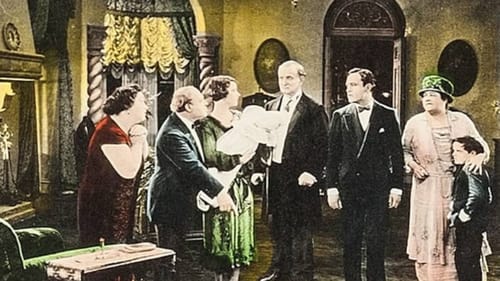
Mrs. Cohen
Jacob Cohen, who owns a dry goods store, and Patrick Kelly, an Irish cop, are constantly at loggerheads, feuding over anything and everything. Kelly's son, Tim, and Cohen's daughter, Nannie, fall in love despite the bickering of their parents; when they cannot get parental consent for their marriage, they secretly wed.

Rosie Potash
A sequel of sorts, the Jewish ethnic comedy characters of Potash and Perlmutter return from their 1923 debut film, also produced by Goldwyn, but with a different actor for Potash.
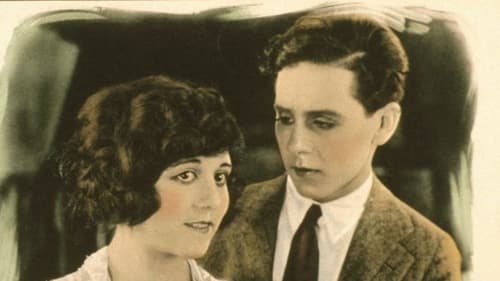
Rosie Potash
The film is based on an ethnic Jewish comedy with characters created by Montague Glass and Charles Klein.

Mrs. Esther Meyers
A Jewish mother in New York finds herself at odds with her son's new wife, a pretty Gentile girl.

Mrs. Lantini
Director Henry Kolker's silent romantic melodrama starred Vera Gordon, who was billed as "The 'Mother' of 'Humoresque'", Bertram Marburgh, Yvonne Shelton, Hugh Huntley, and William H. Tooker
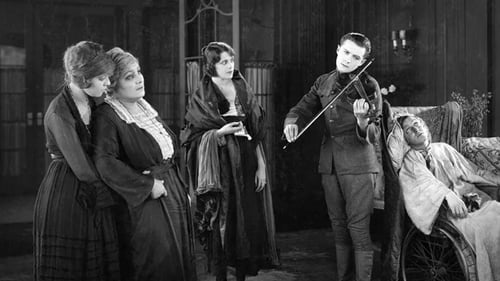
Mama Kantor
Young Leon Kanter dreams of being a great violinist. His parents scrape up the money for a violin and for lessons, and Leon rewards them by becoming a great player. But as an adult, Leon finds that people want more from him than just music.














